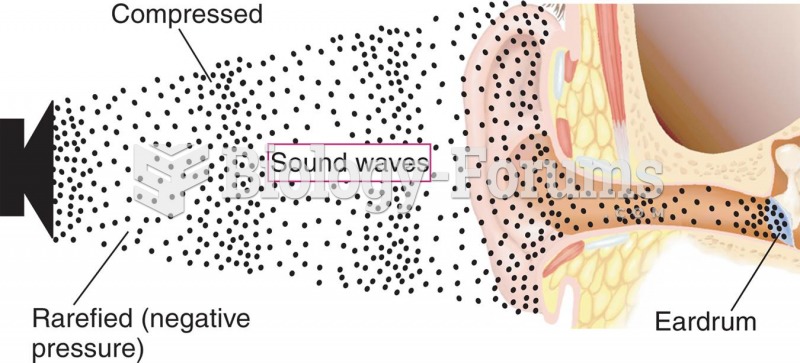|
|
|
Hippocrates noted that blood separates into four differently colored liquids when removed from the body and examined: a pure red liquid mixed with white liquid material with a yellow-colored froth at the top and a black substance that settles underneath; he named these the four humors (for blood, phlegm, yellow bile, and black bile).
The most common treatment options for addiction include psychotherapy, support groups, and individual counseling.
Many supplement containers do not even contain what their labels say. There are many documented reports of products containing much less, or more, that what is listed on their labels. They may also contain undisclosed prescription drugs and even contaminants.
Increased intake of vitamin D has been shown to reduce fractures up to 25% in older people.
In most cases, kidneys can recover from almost complete loss of function, such as in acute kidney (renal) failure.






